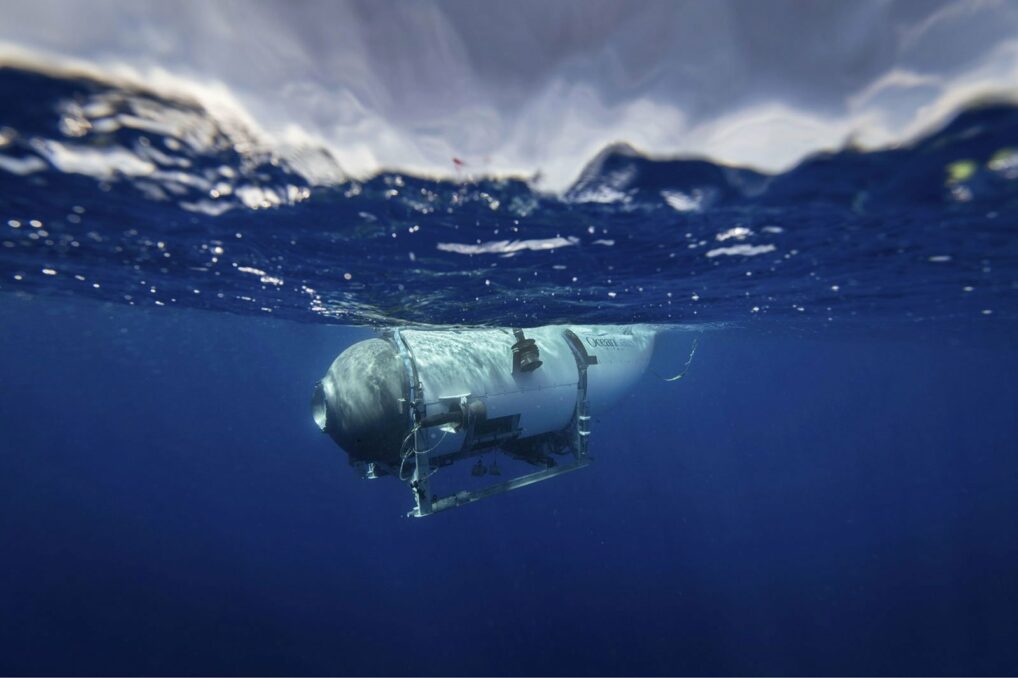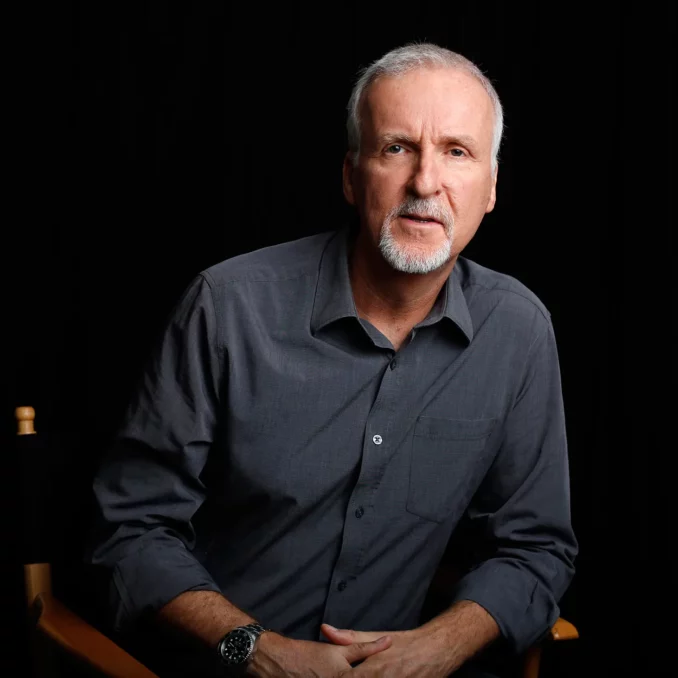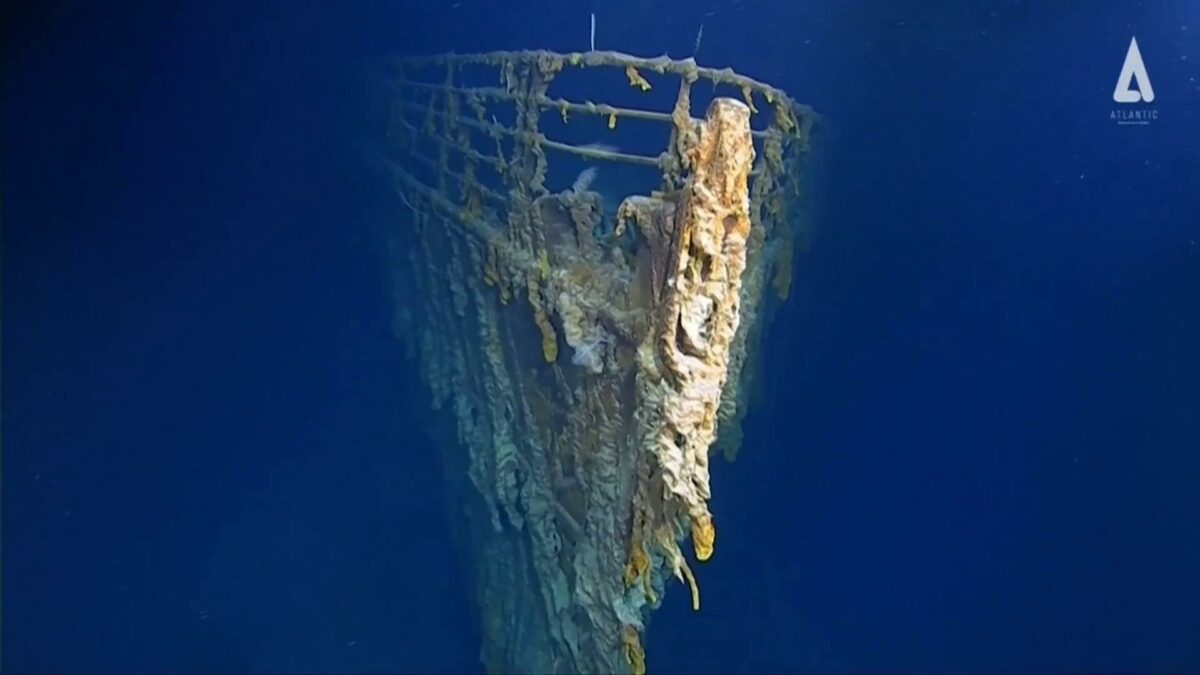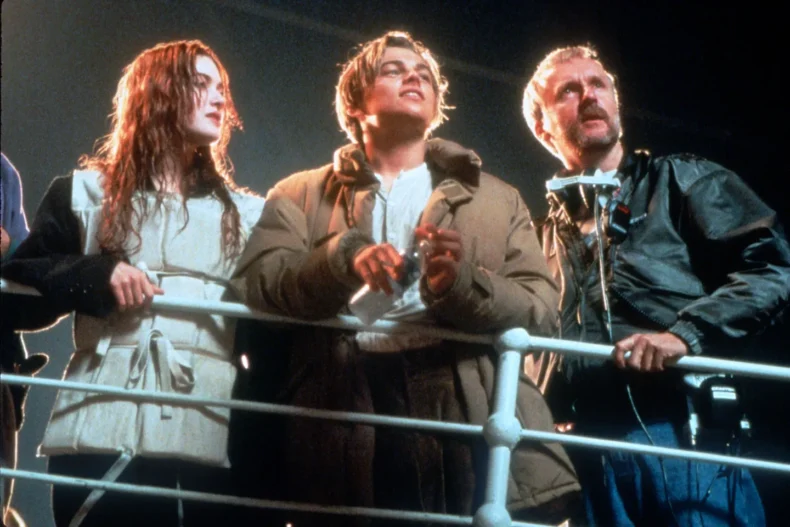The director of the blockbuster film Titanic, James Cameron, has expressed regret for refraining from speaking about the missing submarine.
Around 400 nautical miles (740 km) off the Canadian coast of Newfoundland, Titan, an OceanGate submersible, vanished on June 18, 2024, in the international seas of the North Atlantic Ocean. The five-person submersible was part of a tourist excursion to see the Titanic debris. 1 hour and 45 minutes into Titan’s dive to the wreck site, communication was lost. When it didn’t show up later that day at the expected time, authorities were warned.

Roughly 488 metres (1,601 feet) off the Titanic’s bow, a remotely operated underwater vehicle (ROV) found an object field comprising pieces of the Titan after an about 80-hour search. The conclusions were based on the declassified sonar discovery of an implosion in the vicinity on the day of the mission, which showed that the pressure vessel exploded right after Titan commenced its descent, leading to the immediate death of all aboard.
The vessel’s safety has long been an element of concern. Executives at OceanGate opted against applying for certification for the Titan because they believed that strict safety regulations stifled innovation. An international team directed by the US Coast Guard, US Navy, and Canadian Coast Guard carried out the search and rescue effort. The Royal Canadian Air Force, the US Air National Guard, several commercial and research boats, and remotely operated vehicles contributed as well to the support effort.

Canadian director James Francis Cameron, a significant figure in Hollywood, is acknowledged as one of the brightest and most creative directors. He always pushes the limits of cinematic capabilities through the employment of creativity.
Because of his work on The Abyss and Titanic as well as his early affection for shipwrecks, Cameron is a deep-sea exploration specialist. He helped create the 3D Fusion Camera System and has advanced underwater filmmaking and remotely piloted vehicles.
He is a member of the Manned Underwater Vehicle (MUV) business, a tiny and collaborative submersible society. Cameron admitted that he was dubious when he learned that OceanGate Inc. was developing a deep-sea submersible with a composite carbon fibre and titanium shell.
“I deemed it to be an awful proposal. It simply seemed horrible on its face, and I wish I’d said anything, but I figured someone was wiser than me because I had never used that technology,” Cameron said.
In 2018, concerns were raised by multiple experts in the field and whistleblowing staff members who disagreed with OceanGate’s decision not to apply for certification and operate as an experimental vessel. Concerns raised relating to its choice to disregard certification by industry professionals like the American Bureau of Shipping or the European firm DNV had not been answered by OceanGate.

The submarine had vanished from the very start of the four-day struggle, according to Cameron’s sources, and he feared it collapsed when the Titan’s parent ship lost contact with and track of the underwater vehicle approximately one hour and 45 minutes into the operation.
“We acquired information within an hour that a loud blast had occurred at the same time that the submarine communications had failed. An audible crash on the hydrophone. the transponder is lost. a communication breakdown. The events were known to me. The vessel collapsed,” stated Cameron.
Cameron asserted that cautions went neglected before both the Titanic and Titan tragedies. In the instance of the Titanic, after being warned of icebergs, the captain set off across the Atlantic Ocean on a moonless night.
Cameron remarked, “Here we are once more.” “And there it is again. Now, two wrecks have been placed next to one other for the same reason.













